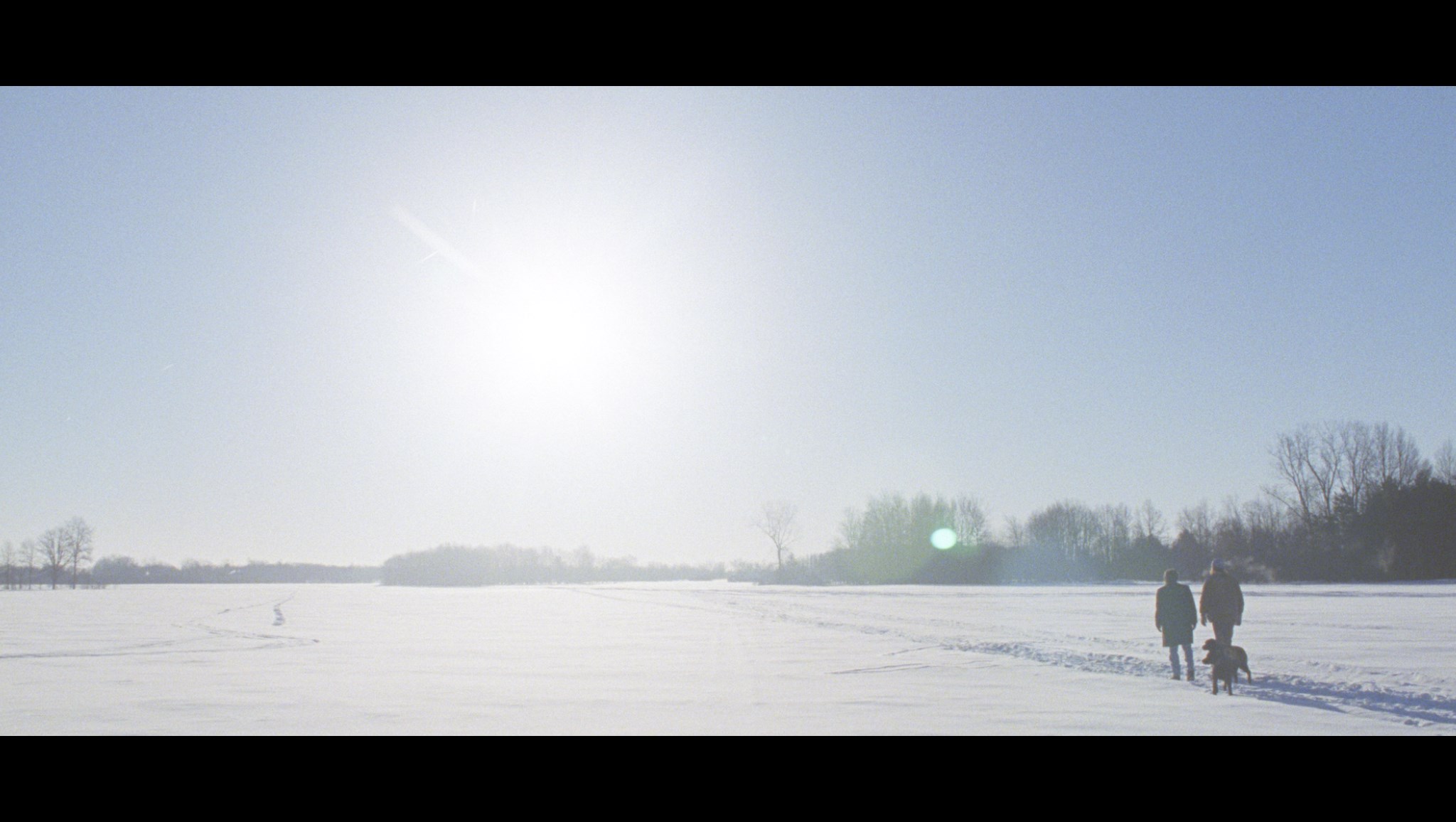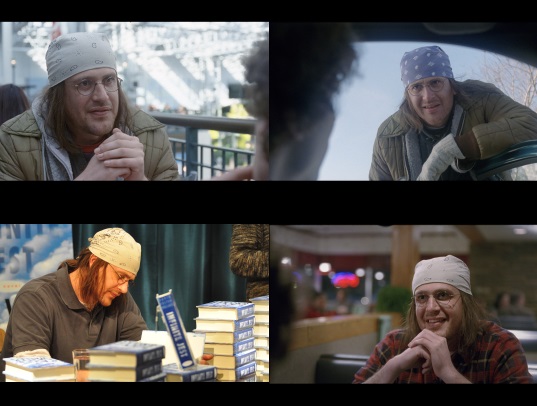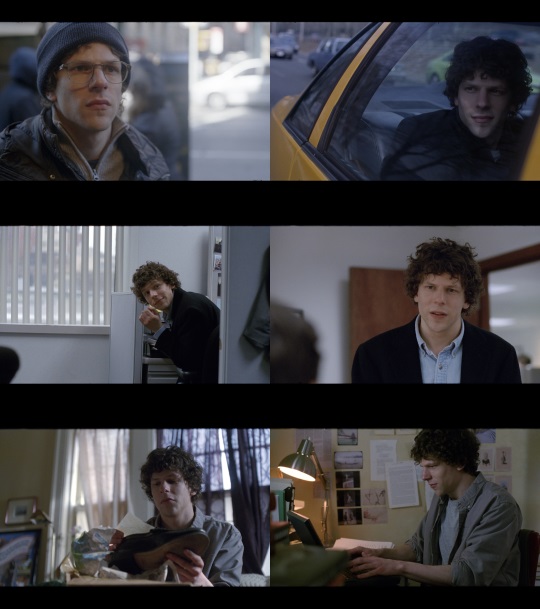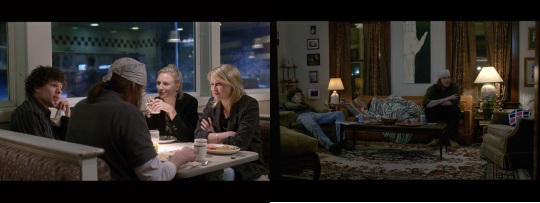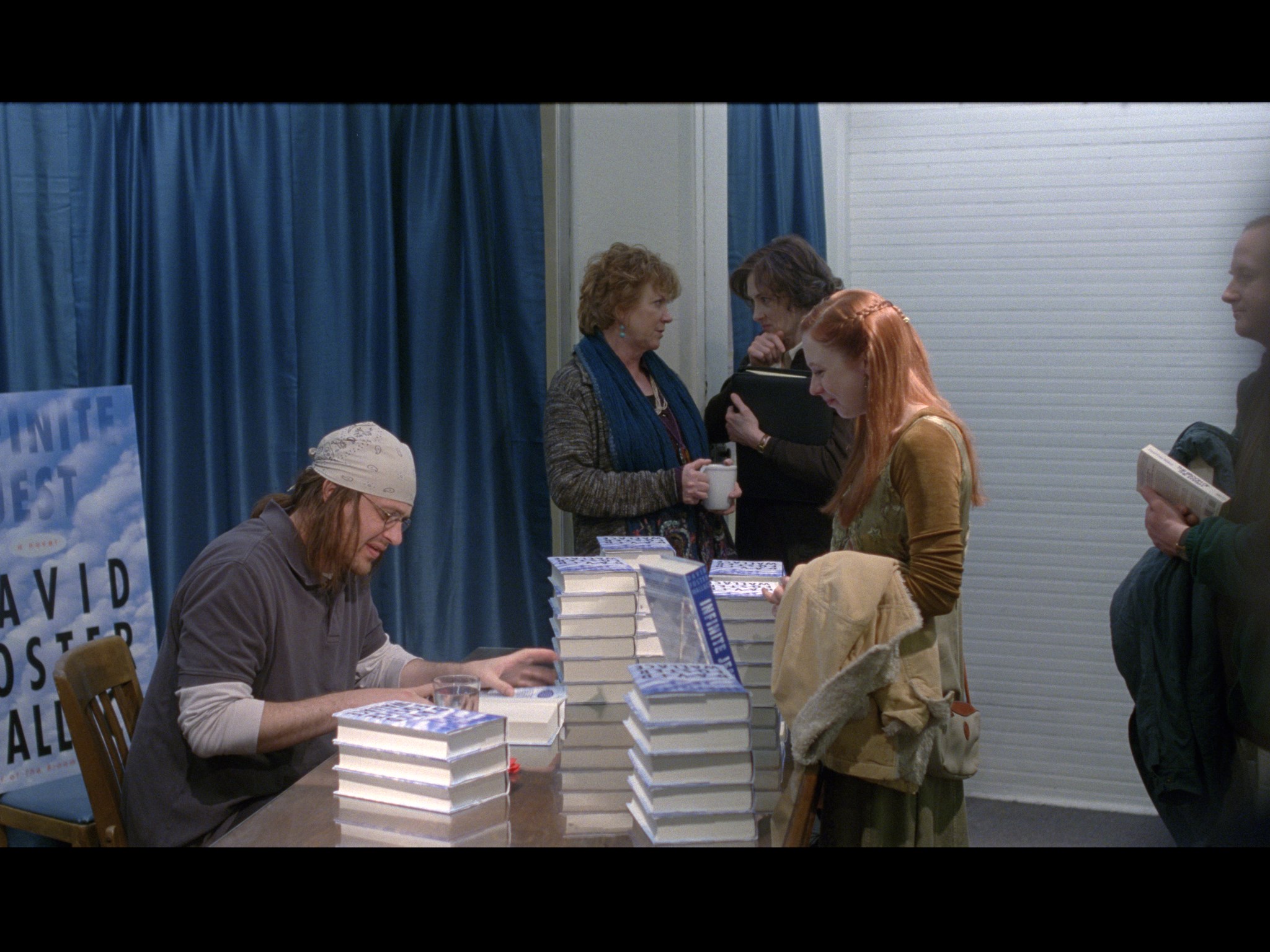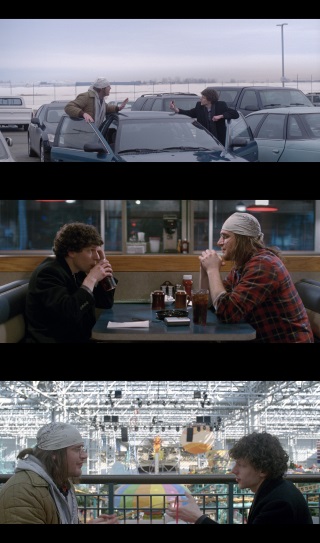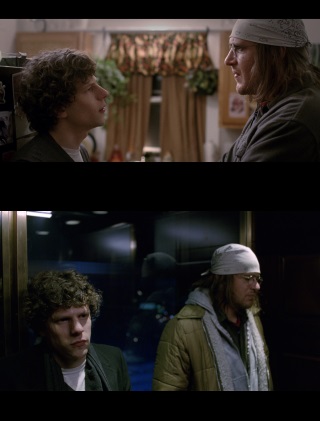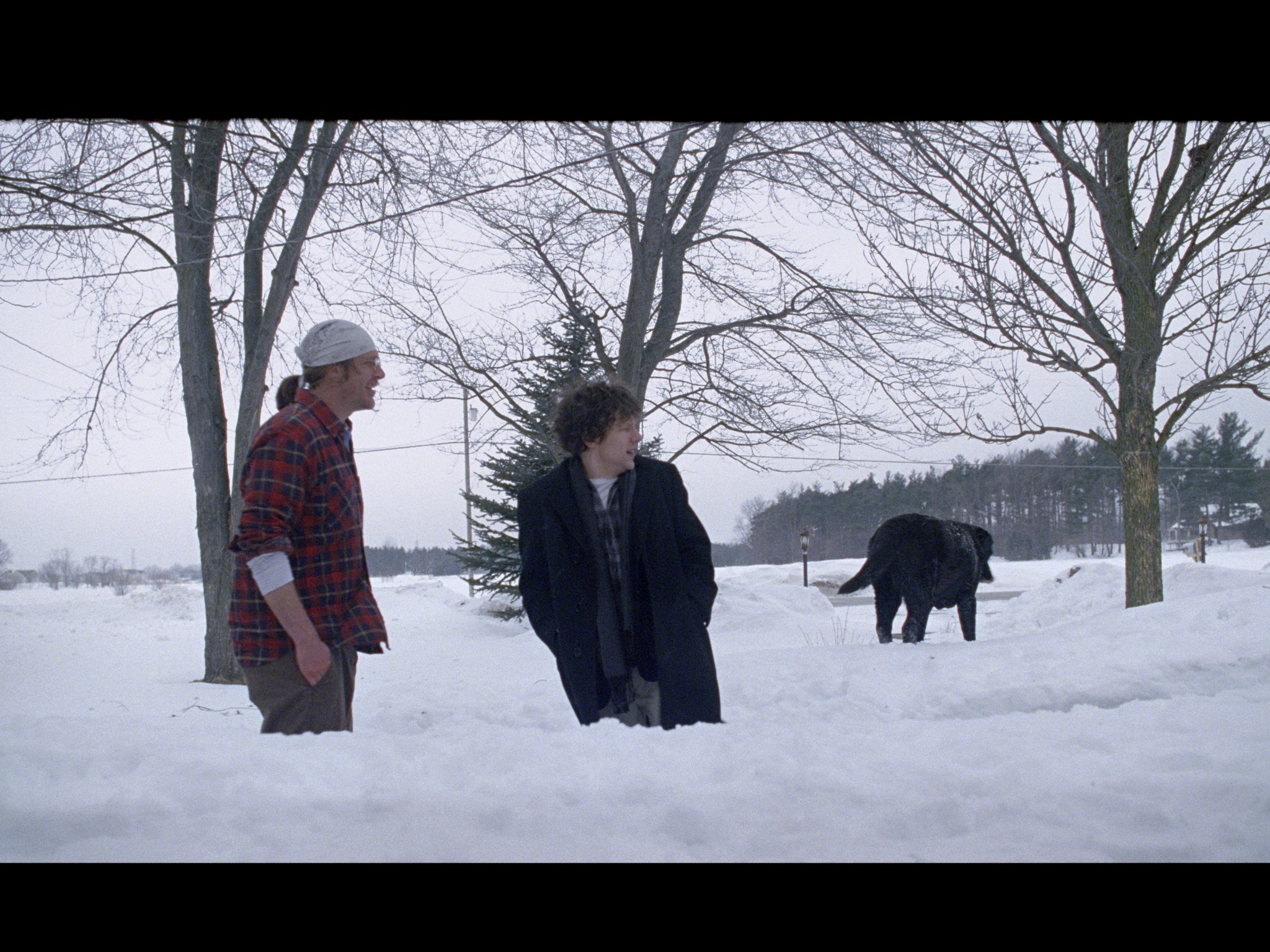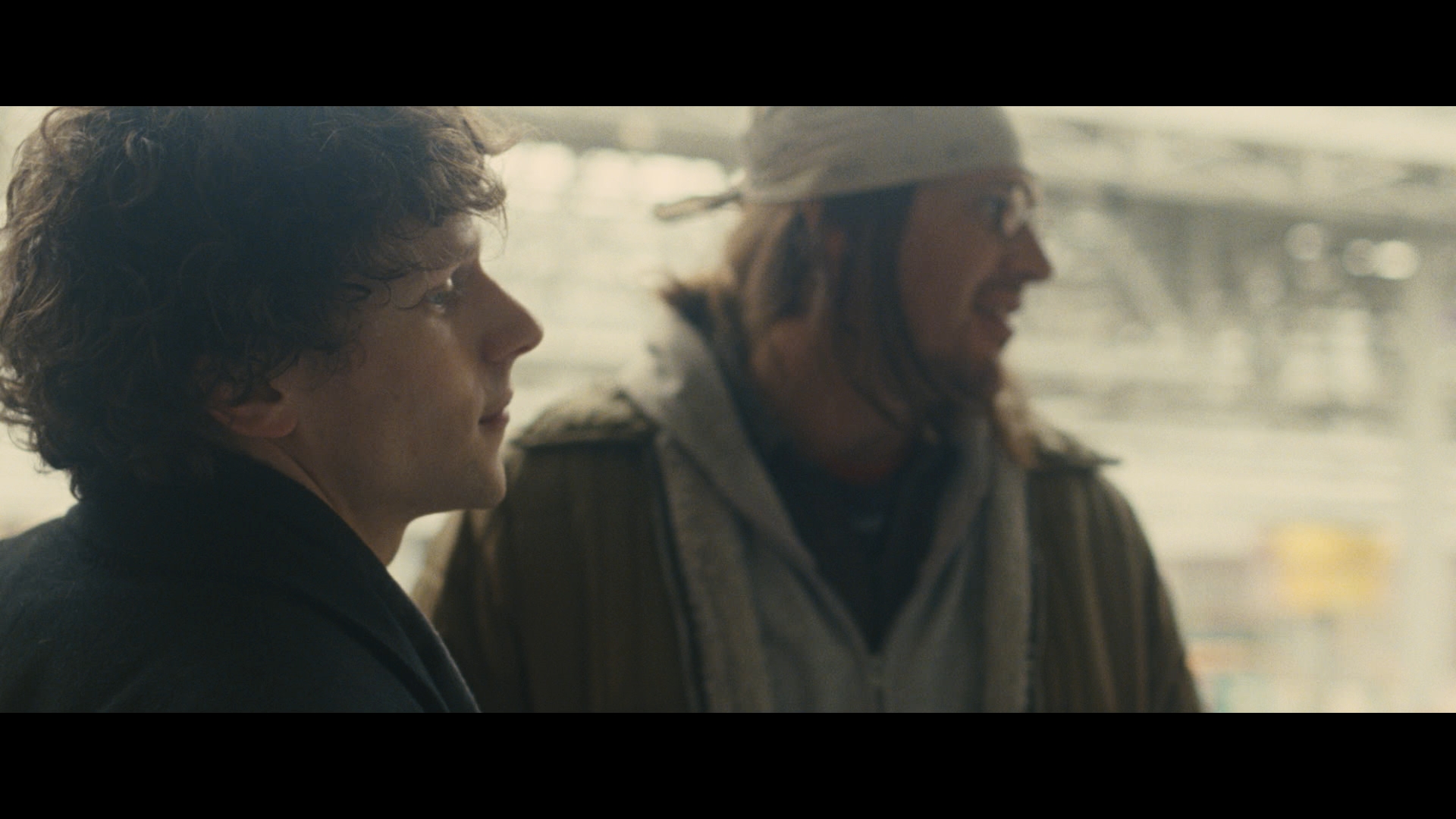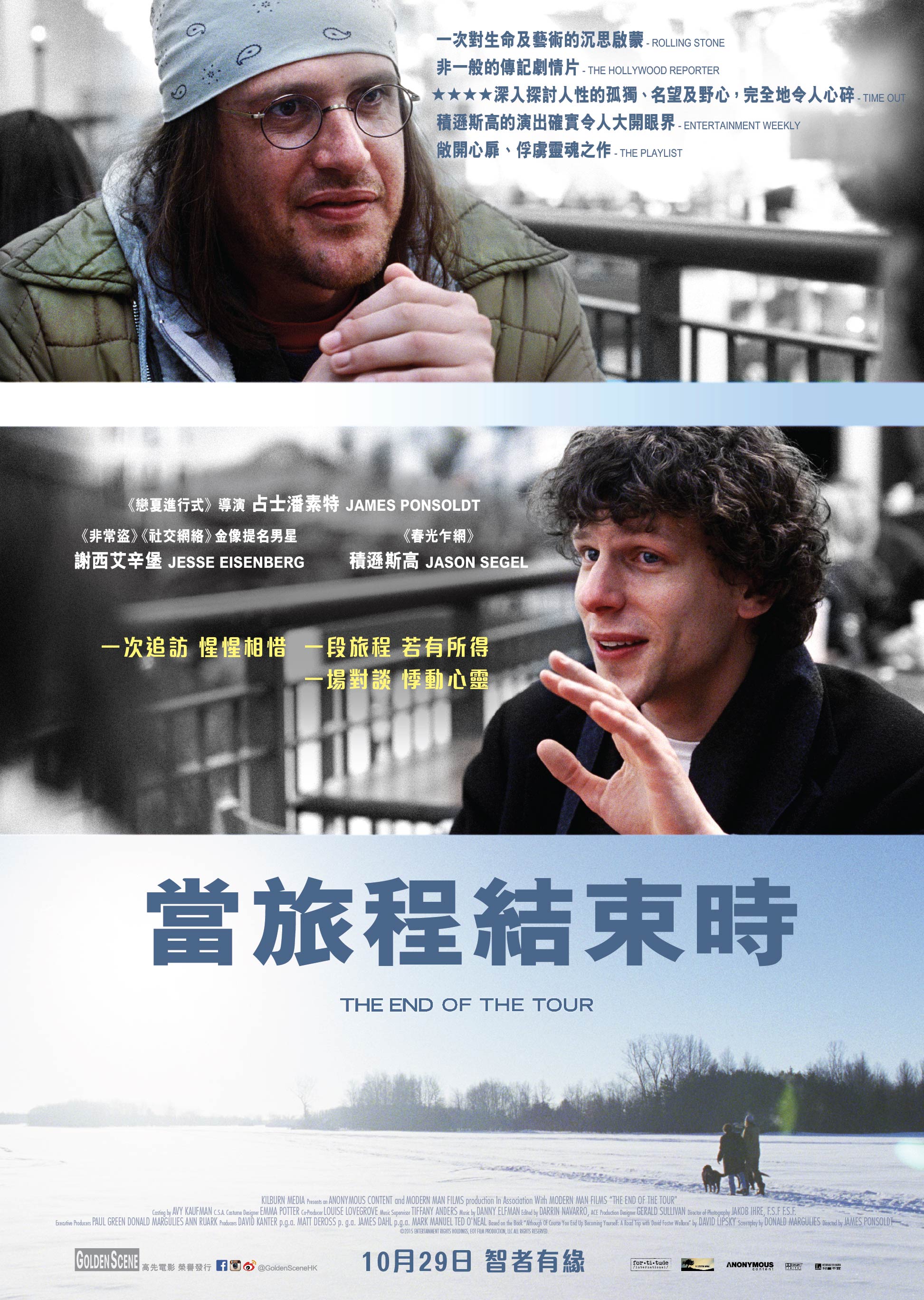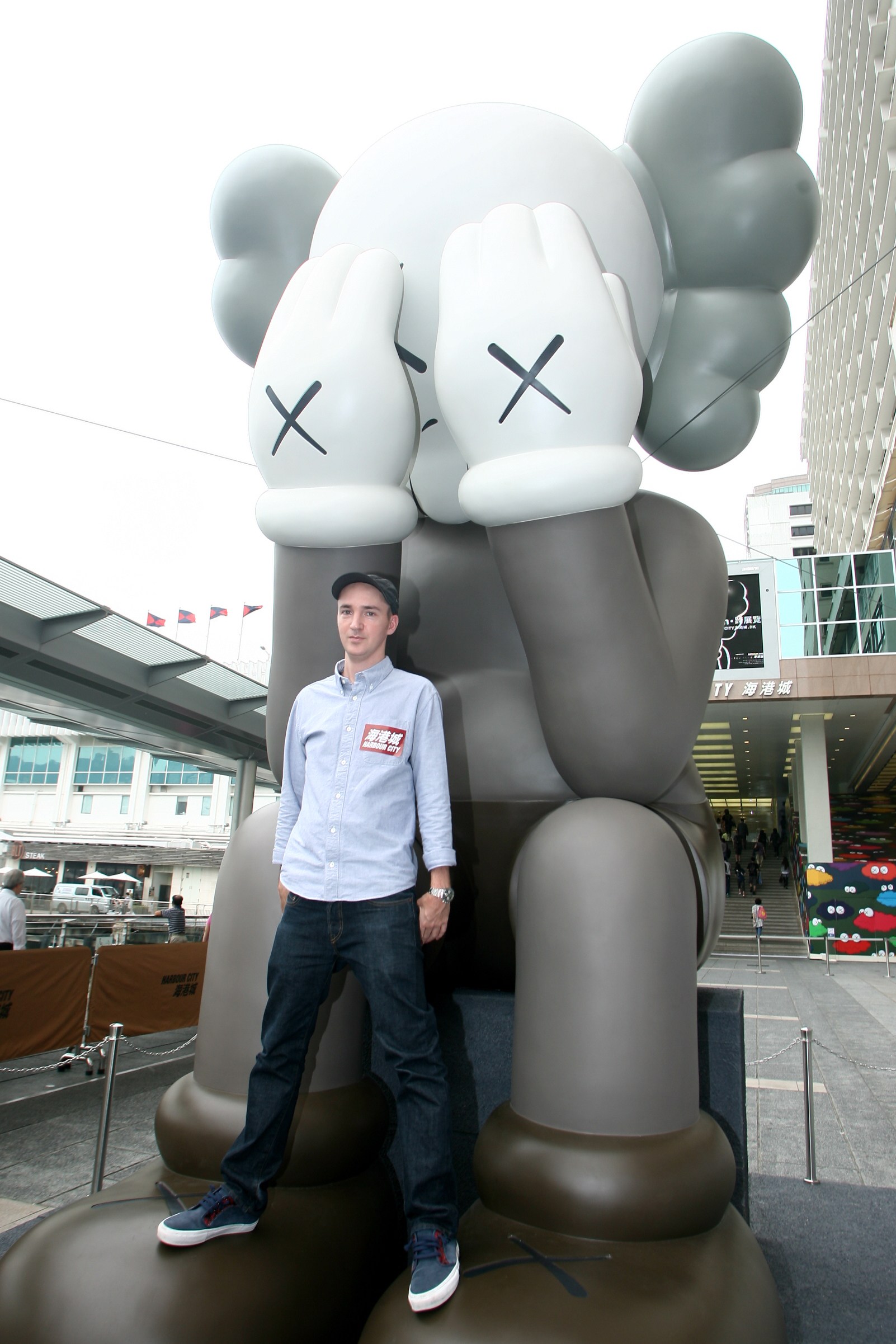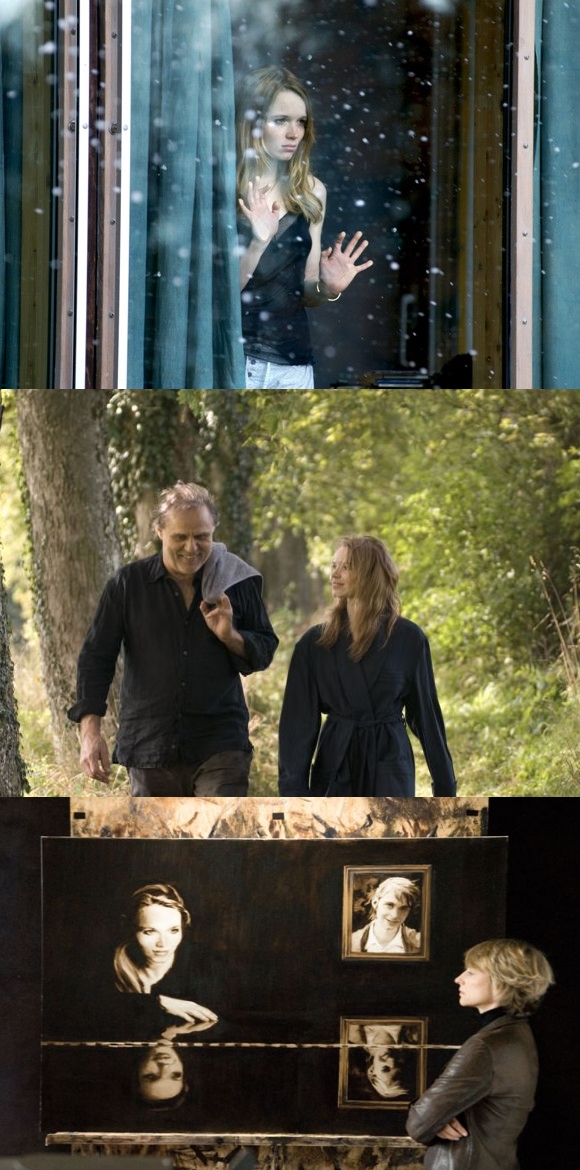The End Of The Tour Life Tour
The screenplay is by Pulitzer Prize winning playwright Donald Margulies, based on David Lipsky’s memoir “Although Of Course You End Up Becoming Yourself: A Road Trip With David Foster Wallace.” Academy Award® nominee Jesse Eisenberg (THE SOCIAL NETWORK) is Lipsky and, in a moving departure, Jason Segel (FORGETTING SARAH MARSHALL, JEFF WHO LIVES AT HOME) portrays Wallace. The film is produced by James Dahl, Matt DeRoss, David Kanter, Mark C. Manuel and Ted O’Neal. The executive producers are Paul Green and Donald Margulies. Cultural Superstar In the winter of 1996 two ambitious young men, strangers to each other, set out on a five-day road trip, during which, it turned out, each was nervously, thrillingly, even defiantly, trying to decode who he wanted to be. One was the young, unseasoned Rolling Stone journalist David Lipsky. The other was David Foster Wallace, the 34 year-old literary rock star suddenly being hailed as the most brilliant writer, and cultural observer, of his generation.
At the start of the trip, Lipsky was hunting for that great revelatory confession that could make his career. He wanted Wallace to share his exuberant ideas on our pop-culture-saturated world – on everything from television addiction to technophilia to the phenomenon of hyper-connected loneliness – but he also was looking for something more. He was looking for the flaws, he was looking for a big story, maybe he was looking for a kindred spirit. The two jockeyed and joked and left behind a trail of junk food wrappers. They talked movies, girls, songs and the weirdness of modern life. But by the end of the tour something else happened: a flash-friendship, as potent and conflicted as the closest of comrades, sparked. It was layered upon all the envy, insecurity, aloneness and mistrust of contemporary relationships. Yet it also had the one thing that Wallace had sought most of all: the essence, as he once put it, of being “radiantly human.” Director James Ponsoldt and stars Jesse Eisenberg and Jason Segel bring this unlikely story to the screen with raw, gripping emotion. At once tender and rollicking, the film is not just the story of genius colliding with the force of celebrity or of a reporter chasing his first elusive story. It also evokes the feeling of life in these times – our tricky relationship with success, our longing to connect and our wish to cut through the never-ending information bombardment to what is essential and true.
An Anti-biopic Film Screenwriter Donald Margulies felt similarly. He had no interest in writing a life summary or trying to unravel the inner workings of David Foster Wallace’s expansive mind on the screen. The film isn’t a biopic, but it would not have existed if not for the complicated, accomplished, tragic life of David Foster Wallace. Few novelists achieve household name status anymore, but Wallace was different. His books hit people with a force that turned many into obsessive fans. Dog-eared copies of his gargantuan novel “Infinite Jest” became an unspoken bond among those who felt it reflected their massively fragmented yet thirsty lives. His books, stories and articles had their own tour-de-force style. Lined with footnotes, complexly plotted, linguistically inventive, and filled with a hyper-modern (and often hilarious) manic energy, they challenged readers to give every last iota of their attention. But they also moved people with their era-defying sincerity and searching. In his disarming honesty about his own insecurities and despair, in his unabashed mix of ecstasy and sadness, Wallace allowed his readers to feel a little less alone.
The Little-known Side Wallace was not another modern ironist. On the contrary, he saw irony as poisonous and fought against the tide of cynicism. He was going after a kind of writing that might combat alienation, not merely reflect it. Wallace had a dexterous mind that consumed knowledge – from mathematics to Americana – with equal-opportunity voracity. As New York Times reviewer Michiko Kakutani wrote: “Wallace can do practically anything if he puts his mind to it. He can do sad, funny, silly, heartbreaking and absurd with equal ease; he can even do them all at once.” Raised in the Midwest by professor parents, Wallace started out life as an athlete and promising tennis player. It was while double majoring in philosophy and English at Amherst College that he wrote his first novel, “The Broom Of The System,” as his thesis. This was followed by the story collection, “Girl With Curious Hair,” then the 1,079-page “Infinite Jest” – the title of which referred to a movie so outrageously entertaining it led to the apathy and death of its viewers. He would go on to publish “A Supposedly Fun Thing I'll Never Do Again,” “Brief Interviews with Hideous Men,” “Oblivion” and “Consider the Lobster,” as well as journalism, including a profile of John McCain. (His unfinished novel “The Pale King” and his poignant 2005 Kenyon College commencement speech “This is Water” were published posthumously.)
Wallace was known to have battled against bouts of severe depression throughout his adult life. Following an unsuccessful medication alteration, Wallace committed suicide in Claremont, California, where he was a writing professor at Pomona College, in 2008. His death shocked those who had felt so close to his words. Among the grieving was David Lipsky, who, unknown to most, had interviewed Wallace 12 years earlier, just as Wallace’s career was entering hyperspeed and he was discovering the highs and lows of fame. Lipsky was then a fresh-faced writer at Rolling Stone. He was also a fledgling novelist, though the superstardom Wallace was grappling with had eluded him. Lipsky had published a short story collection and a novel, “The Art Fair,” that was named a Best Book of the Year by Time Magazine. He would go on to write on such diverse subjects as junkies, gay teens and life at West Point (in the acclaimed book “Absolutely American”), but in 1994, he was still searching for a subject he could sink his teeth into…and he thought Wallace was it. Rolling Stone was not in the habit of putting novelists on the cover but Wallace was as rock and roll a quantity as any writer could be. Lipsky’s interview was never published. But, after Wallace’s death, he was compelled to pull his tapes and notes out of storage. When he played the tapes back, in his own effort at coming to an understanding, he was surprised and stirred by what he found. He revisited those five incredible days in “Although Of Course You End Up Becoming Yourself.” A kind of catharsis for Lipsky, it became a fan favorite, considered one of the more insightful peeks into Wallace’s mind and what he meant to others.
An Interview Becomes A Road Movie Could a story about two men riding through the Midwest talking about life, art and their insecurities be full of drama, tension and momentum? The filmmakers of The End of The Tour set out to find an answer to that riddle that would do something unexpected. It started with the screenplay adaptation. As a playwright whose “Dinner With Friends” won the Pulitzer Prize, Donald Margulies is known for crackling dialogue and sharp interpersonal dynamics in original works for the stage. But when producer David Kanter, Margulies’ long-time manager, gave him a copy of “Although Of Course You End Up Becoming Yourself,” with a note that said, “Take a look; there may be a play in it” Margulies didn’t see it as a play at all. He envisioned it on the big screen – as a funny, poignant but definitely kinetic road picture. “I was excited about it as a story of two American writers – one of whom happens to be David Foster Wallace – out on the American landscape,” Margulies explains. “The story contained a convergence of themes that have long-captivated my imagination: the mentor-protégé relationship, the journalist-subject dynamic, the way men forge friendships or don’t forge friendships, the search for legitimacy – and all of it surrounded one of the great minds and social observers of our time. It was exhilarating.”
It also presented an enticing creative challenge as Margulies took to the dense verbiage of the Lipsky-Wallace conversations with the chisel of a sculptor. In their rapid-fire exchanges, he found a dramatic structure that explores the full arc of a friendship, and recreates the feeling of those fleeting moments in our lives that shake us in some profound way. “The challenge for me as a dramatist was to take this incredible treasure trove of material Lipsky gave us – these 300 pages of rich, pithy conversations between two incredibly articulate guys trying to outsmart each other – and carve from that a structured narrative,” he explains. “It became my task to make this a living, breathing organism and not just a re-creation of an interview. That was part of the great joy of it. It was a task of mining all the subtext and conflicts and bringing it back to the essence of the book’s title: Although Of Course You End Up Becoming Yourself.” The film is very much about two men constructing themselves, both on the level of image and at a greater depth, but Margulies’ approach completely avoided the cutesy and po-mo – to echo Wallace’s concerns about how he might be portrayed. On the contrary, Margulies’ screenplay was direct, human and very intentionally unembellished. The whole idea, Margulies says, was to tell a story that could fascinate and move audiences who may have never heard of David Foster Wallace. “I wanted to write something universal and, at its heart, this is the story of two men that is full of drama and surprises – and it happens to be the case that one of those men is a real, larger-than-life figure,” says Margulies. “At the same time, Lipsky’s interview allowed Wallace to present some of his ideas in a very accessible way. Wallace’s books are not easily adaptable to the screen, but I hope that in watching the fascinating dynamic between these two men, people will be drawn to the work itself.”
Margulies rediscovered the breadth of Wallace’s writing himself while writing the screenplay. Though he’d read some of Wallace’s work, he did not tackle “Infinite Jest” until he started his research. “My appreciation and sense of sadness only deepened,” he says of that experience. “He was a kind of prophet in many ways and I was so moved by the terrible loss that our culture suffered. Wallace’s writing voice had this uncanny ability to sound just like that voice residing in a lot of people’s heads so his work became that much more personal. Yet, I’ve also been surprised by how many people I encounter who don’t know Wallace at all, which only intensified my passion for this project. There’s a new generation who might start to seek him out.” Certainly, some of Wallace’s questions about how writers grapple with, and chafe against, success hit close to home for Margulies. As one of the nation’s most revered playwrights, he’s experienced life on both sides of literary strife. “Critics love to discover talent but once you’re already anointed you become a different kind of commodity and there are different expectations,” he observes. “It’s no longer about the shock of the new. It’s about what you’re doing now and whether it is like what you were doing before and that can become quite an obstacle for an artist.”
Synopsis THE END OF THE TOUR tells the story of the five-day interview between Rolling Stone reporter and novelist David Lipsky (Jesse Eisenberg) and acclaimed novelist David Foster Wallace (Jason Segel), which took place right after the 1996 publication of Wallace’s groundbreaking epic novel, “Infinite Jest.” As the days go on, a tenuous yet intense relationship seems to develop between journalist and subject. The two men bob and weave around each other, sharing laughs and also possibly revealing hidden frailties – but it’s never clear how truthful they are being with each other. Ironically, the interview was never published, and five days of audiotapes were packed away in Lipsky’s closet. The two men did not meet again. The film is based on Lipsky’s critically acclaimed memoir “Although Of Course You End Up Becoming Yourself: A Road Trip with David Foster Wallace” about this unforgettable encounter, written following Wallace’s 2008 suicide. Both Segel and Eisenbeg reveal great depths of emotion in their performances and the film is directed with humor and tenderness by Sundance vet James Ponsoldt from Pulitizer Prize winner Donald Margulies’ insightful and heartbreaking screenplay.
The End of the Tour Director: James Ponsoldt Cast: Jesse Eisenberg, Jason Segel Genre: Drama Duration: 106mins Category: IIA Trailer: https://youtu.be/RM0HT17Gd7o
|
|





